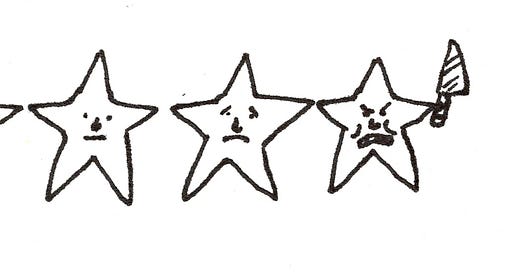★★★★★ “Bawuypawuy” by Drifting Clouds
Let’s keep this simple: “Bawuypawuy” is an instant classic. The song begins like it was lifted from a 1980s Brian De Palma crime thriller soundtrack, a lone saxophone meandering across a slightly ominous synthwave backdrop. Then, the beat drops and a voice starts singing in Liyawulma’mirr-Djambarrpuyngu, a dialect of Yolngu Matha—and suddenly we’re in totally new territory. The voice belongs to Terry Guyula, a young musician and songwriter from Gapuwiyak in north-east Arnhem Land, who has been experimenting with blending the sonic conventions of synth pop with lyrical content derived from his ancestral Songlines. “Bawuypawuy,” released last week, is our chance to hear what this sounds like… and it sounds really, really good. The tune is, according to Guyula, about “the sea becoming rough and tough,” and there is, in the liquid melody and driving electric drums, a feeling of being fully submerged. Also excellent is the accompanying video clip, shot in 16mm by Darwin-based filmmaker Matt Sav. In it, Guyula is wearing a shirt and tie, playing synths to the rising sun on a mud plain that stretches infinitely to the horizon. Amongst so much same old, same old, it feels very fresh. “Bawuypawuy” has song of the summer written all over it. Only problem is that it’s damn cold. But you know what? It’s always hot in the Top End. Book that red eye Jetstar ticket to Darwin, buy a six pack of Great Northerns, and gatecrash the first Nightcliff house party you come across. Guarantee this song will be playing all Dry Season long.
★★★★ Paris Commune movies
Look, we’re not going to explain the whole 1871 Paris Commune to you. We have leftist men for that. For the purposes of this review, all you need to know is that the Commune was a short-lived, bloodily-quashed revolutionary movement that seized control of parts of Paris in 1871 during the Franco-Prussian war and sought to collectivise, well, basically everything, in order to bring about True Egalité. No biggie. You also need to know that there are multiple movies about it, and—due to temporary LDR circumstances—we recently watched two of the main ones. 1871 (directed by Ken McMullen and released in 1990) follows a troupe of theatre actors in Paris as the uprising swells around them. It’s sexy, camp, meta, and just this side of a musical (i.e. the right side). It also contains a wonderful scene wherein an apparition of Karl Marx (played by Med Hondo) torments Napoleon, whispering in the Emperor’s ear as he gets his portrait painted. If 1871 feels a little like a colourful, dinky high-school play, the other Commune film, La Commune (2000, Peter Watkins), feels like the experiment of a megalomaniac undergrad. Running at 5 hours and 45 minutes, the film was shot over the course of two weeks in a warehouse staged to approximate the 11th district of Paris, and features some two-hundred amateur-/non-actors (we bet it smelt crazy in there) who each researched their characters and improvised dialogue and action accordingly. The conceit of the film is that 1871 Paris has TV. This revolution is being televised, live, by opposing news teams: “Commune TV” on the side of the working class, and “Versaille TV” on the side of the Prussians. The Communard reporters rove through alleys and meeting rooms and bars, observing as grimy-faced women scrub clothes for bourgeois bejewelled ladies, then meet to plot around tables; as teen girls and children lug rifles to the front-lines; as men shuffle papers in the seized Town Hall. Often, the actors break out of their roles to address the camera, reflecting on their characters’ motivations. Some of the commentary on mass media feels dated, given that the object of its critique is the humble telly (the six-channel box seems so innocent now!). But we forgive this, because the film is otherwise as affecting and as relevant as ever. Between sittings, we tuned into coverage of the L.A. anti-ICE riots, which, at times, uncannily converged with Commune events (fighting gendarmes) and concerns (immigration, the immiseration of workers, a dictatorial government). History repeats itself: as farce, as tragedy, as low-budget postmodern docudrama… Viva La Paris En—we mean—Commune!
Keep reading with a 7-day free trial
Subscribe to The Paris End to keep reading this post and get 7 days of free access to the full post archives.




